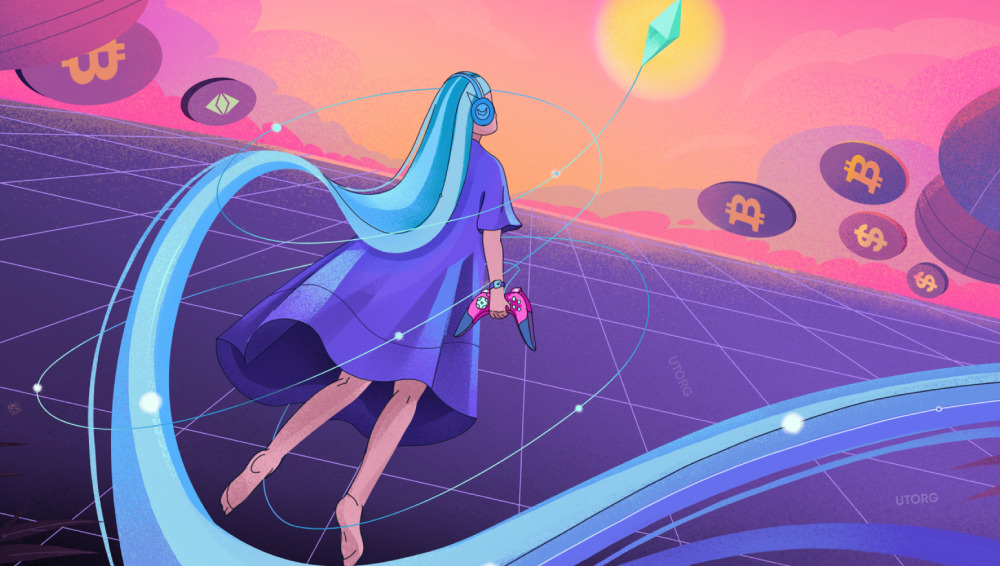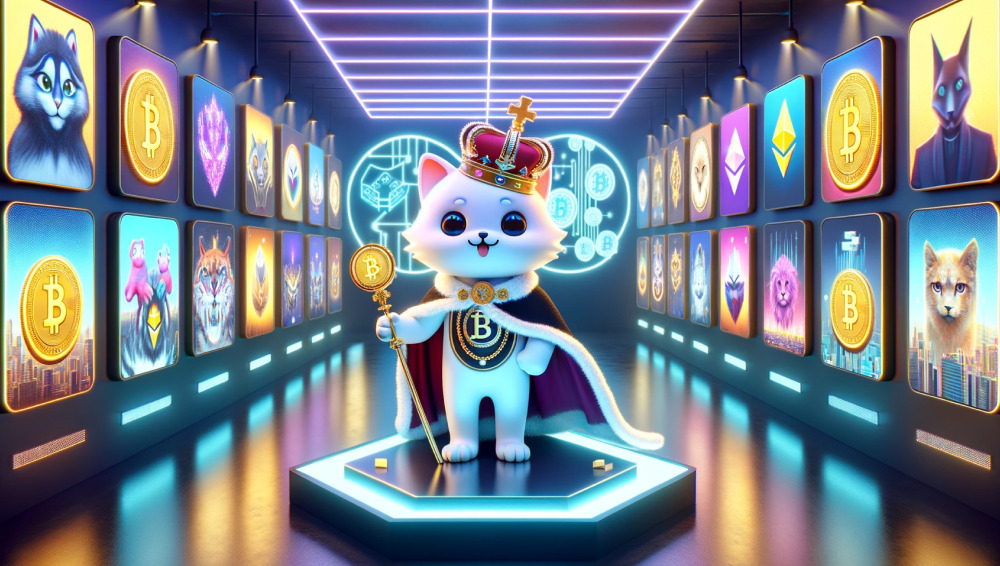The realm of crypto games has sent ripples through the global market, capturing attention with Axie Infinity’s meteoric rise and, conversely, grappling with issues like strict regulations and fraud allegations in the Web3 gaming arena. Despite the hurdles, mainstream adoption seems inevitable, with influential tech companies reconsidering their stance on crypto games.

The Crypto Gaming Rollercoaster
Blockchain-infused crypto games witnessed a surge in popularity in 2021, driven by the cryptocurrency hype. Play-to-earn (P2E) mechanics, offering real-world value through gameplay, resonated especially well in developing countries. Axie Infinity, with its digital creature battles, became the face of this boom, leading to significant profits for players. However, the bubble burst in 2022, as cryptocurrency prices plummeted, gameplay criticisms surfaced, and concerns about scams and environmental impact took center stage. The number of active players dipped by over 90%, causing closures and retractions from various crypto gaming companies.
Mainstream Hurdles
Despite the initial allure, mainstream acceptance of crypto games faced challenges due to concerns about P2E mechanics, speculative nature, and quality issues. Major tech companies, like Steam, banned NFT-based games, triggering responses from blockchain game studios. However, amidst setbacks, some Web3 gaming titles persevered, hinting at a potential resurgence driven by GameFi in 2024.
First Glimpses of Mainstream Adoption
Despite initial scepticism and restrictive policies, the mainstream gaming industry is gradually opening its doors to NFT games. Notable platforms like Epic Games Store, Google Play, and Apple’s App Store have allowed NFT-powered games, while industry giants Sony and Microsoft delve into blockchain technology. Sony’s patent hints at a unified asset system across PlayStation titles, while Microsoft plans to integrate crypto wallets into Xbox.
Ubisoft, a prominent AAA gaming studio, has entered into a strategic partnership with blockchain game firm Immutable to collaborate on the development of Web3 games. The collaboration, facilitated through Ubisoft’s Strategic Innovation Lab, aims to blend mainstream gaming quality with Web3-enabled functionality. By leveraging Immutable’s blockchain infrastructure and expertise in integrating decentralized features into games, the partnership aims to enhance the gaming experience by focusing on fluid gameplay and digital ownership for players.
The collaboration follows successful demos of Immutable’s flagship titles, such as Guild of Guardians, Metalcore, Shardbound, and Infinite Victory. These games showcase various genres while incorporating essential Web3 elements like immutable ownership of in-game assets. Immutable has recently launched its zero-knowledge (ZK) rollup gaming solution, Immutable zkEVM, highlighting the growing significance of ZK-rollups as a layer-2 Ethereum scaling technology. This partnership signifies a significant step forward for the Web3 gaming sector, with gaming studios like Ubisoft exploring the potential benefits of digital ownership and blockchain integration in the gaming industry.
Shift in Advertising Landscape
Crypto games faced advertising restrictions on major platforms, but the tide is turning. Google Ads, once stringent, has lifted restrictions on advertising crypto games with in-app purchases of digital goods. Twitter (X.com) now openly allows the promotion of cryptocurrency-based products, including NFT games.

Source: Update to Google’s cryptocurrency policy
Anticipating Future Growth
The gaming industry’s embrace of blockchain presents a significant opportunity, with projections indicating a market value surpassing that of 2022 by up to 10% in 2025. Play-to-earn games, demand for immersive experiences, and growing acceptance of blockchain by developers and publishers are driving this growth. As major tech companies position themselves at the forefront, the integration of blockchain into gaming ecosystems could redefine player interactions with digital assets and extend the adoption of blockchain technologies beyond gaming.
Disclaimer: This article is provided for informational purposes only. It is not offered or intended to be used as legal, tax, investment, financial, or other advice.






